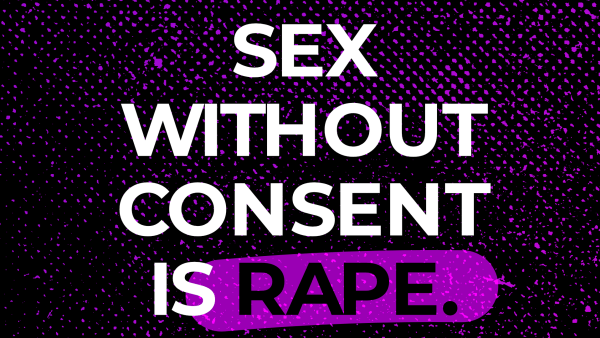The European Parliament last night approved a draft reform of the Electoral Act of 1976 to make the next European elections more visible and attractive for citizens.
S&D Euro MP and co-author of the draft law, Jo Leinen stressed:
"The introduction of the lead candidate campaign in the 2014 European election has been a democratic progress and a step forward in building a European public sphere. Voters were able to directly influence the election of the President of the European Commission. But this is not enough.
"The current provisions for the European elections stem from a time when the European Parliament was a consultative assembly and are outdated. We have a European Parliament that is elected by 28 national elections and election campaigns remain focused on national topics and personalities.
"To strengthen the European dimension in the election campaigns we need to make the European political parties more visible. The respective European party should appear alongside the national party on the ballot paper to give the voter the possibility to make an informed choice. European parties would have to nominate their candidate for the European Commission 12 weeks before the start of the electoral period. Electoral lists will have to be established 12 weeks before the elections.
"In order to avoid further fragmentation of the parliament and safeguard its functioning, an obligatory electoral threshold of between 3 and 5% should be introduced."
S&D Group spokesperson on constitutional affairs, Mercedes Bresso added:
"We also want to defend three important values and ideas. The first is gender balance. We demand that electoral lists ensure gender equality. It is unacceptable that only 37% of MEPs are women.
"The second is to create joint cross-border constituencies in order to support the Europeanization of politics. And the third is the increase of participation.
"We are eager to encourage voting. We propose the introduction of electronic voting and postal voting. Today, too many citizens are forbidden from voting in the European elections because they live in a different member state away from their home country. In the longer term, member states should consider harmonizing the voting age to 16."








